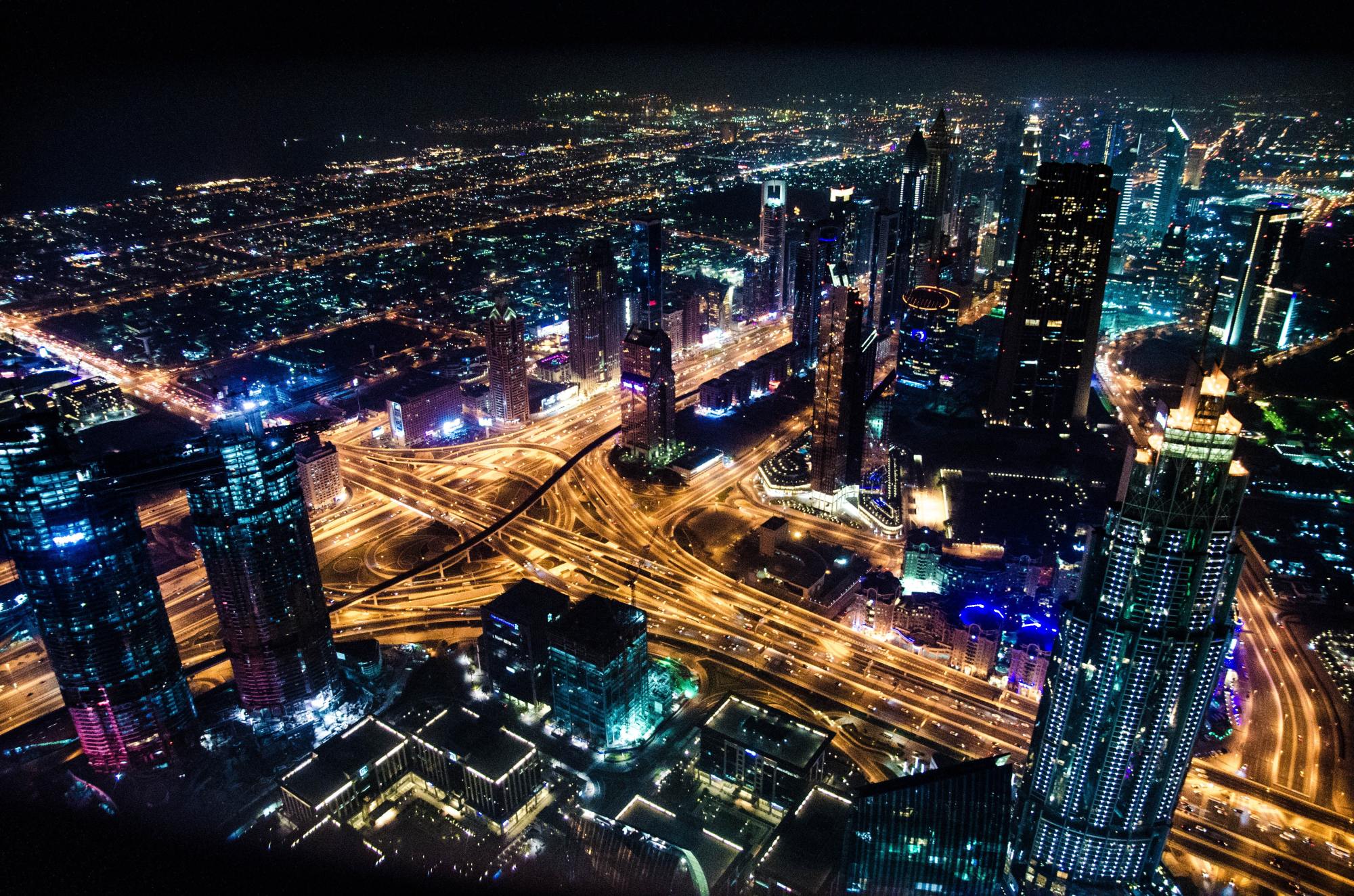Memorial to Transport Workers who Lost Their Lives to COVID-19 Unveiled
A new memorial in Aldgate that commemorates transport workers who passed away due to COVID-19 has been officially opened by the Mayor of London Sadiq...
Read Full Article
COVID-19 has revealed the shortcomings of major cities in times of crisis and smart city initiatives might be able to help address these.
According to a report from global law firm White & Case, smart city initiatives can offer a way to make urban areas more resilient.
The report suggests that the COVID-19 pandemic may present a similar “whiteboard moment” to accelerate infrastructure, as outbreaks of communicable disease “have a long history of changing cities for the better.”
“The urgency of the response to COVID-19 could well affect where the balance sits between personal privacy and public health and safety.”
–White & Case Report
London's sewer network was constructed following the cholera epidemic in the 1850s, and building ventilation standards improved after the Spanish flu in 1918, and the report from White & Case says that COVID-19 may prove a similar force for technological change in modern cities.
The smart city, a catch-all term used to describe how technology and data analytics can be harnessed to make cities more sustainable and efficient, is likely to have a profound influence on how policymakers and inhabitants reimagine urban spaces. White & Case establish that, for any city or organization that plans to put smart city ideas at the centre of its wider planning strategy, the collection of data, and regulation of its use, is the foundation upon which any plans must be built.
Co-authored by White & Case Partners Oliver Brettle, Nicholas Greenacre, Tim Hickman, Andres Liivak, Daren Orzechowski and Adam Pierson, COVID-19 is being considered as “a game-changer”, because the public health and safety considerations have accelerated data sharing, moving the boundaries on personal privacy protection.
Inevitably, there are trade-offs to be made between the privacy rights of individuals and the rapid development of new technologies in the context of smart cities.
The report reads:
“In many western legal structures, privacy rights make it more complex and expensive to collect data concerning individuals, and to process that data for purposes including the operation and development of smart cities.
“The collection of data also comes with commercial and intellectual property challenges. If smart cities are to work, especially those adopting artificial intelligence, they need data sets that are accurate and up-to-date. In addition, competing businesses and platforms need to be able to access that data in different ways and for different purposes. But if data are to be centralized and then shared, and leveraged by many people in a scalable way, we must ask who owns the data and what are the rules governing its commercial use.
“The urgency of the response to COVID-19 could well affect where the balance sits between personal privacy and public health and safety.
“The impact of the virus may also focus minds and speed up cooperation between private companies and government when it comes to sharing data and putting it on an appropriately controlled open-source platform.
“Government could have a key role to play here in setting up and controlling such a platform, and making sure that all citizens, irrespective of socio-economics, have the tools to contribute to and benefit from data-driven knowledge of infection rates, healthcare, digital health and telemedicine provision.”
A full copy of the report is available here.
Picture: A photograph taken at night of a Dubai cityscape
Article written by Ella Tansley | Published 01 June 2020
A new memorial in Aldgate that commemorates transport workers who passed away due to COVID-19 has been officially opened by the Mayor of London Sadiq...
Read Full ArticleMPs are recommending a series of measures to prepare the UK for future public health emergencies, resulting from an inquiry into the role of cleaning during the COVID-19...
Read Full ArticleApril Harvey from Sodexo has been recognised for her role as health, safety and risk lead in the mobilisation of the first COVID quarantine facility and COVID-19 test...
Read Full ArticleDuring the pandemic, COVID has raised the profile of the quality of the air we breathe in our buildings – how do we maintain this priority throughout the winter...
Read Full ArticleResearchers at Griffith University, Australia, have developed an AI video surveillance system to detect social distancing breaches in an airport without compromising...
Read Full ArticleA report commissioned by the government’s chief scientific adviser Sir Patrick Vallance has highlighted the crucial role played by building ventilation in...
Read Full ArticleWorking in conjunction with the Defence Forces Ireland and the Czech University of Defence, an Irish medical technology company has developed an innovative Pathogen...
Read Full ArticleFor some, Freedom Day marks a much-awaited return to some of our pre-pandemic habits, including working at the office instead of at home. But is everyone keen to come...
Read Full ArticleAround half of UK office workers feel confident about returning to work without a fully vaccinated workplace. Research shows that 80 per cent of UK office...
Read Full ArticleIn March's FM review, ThisWeekinFM's Editorial Team reflects on the past year, exploring how people have been feeling in the past few months and considering...
Read Full Article